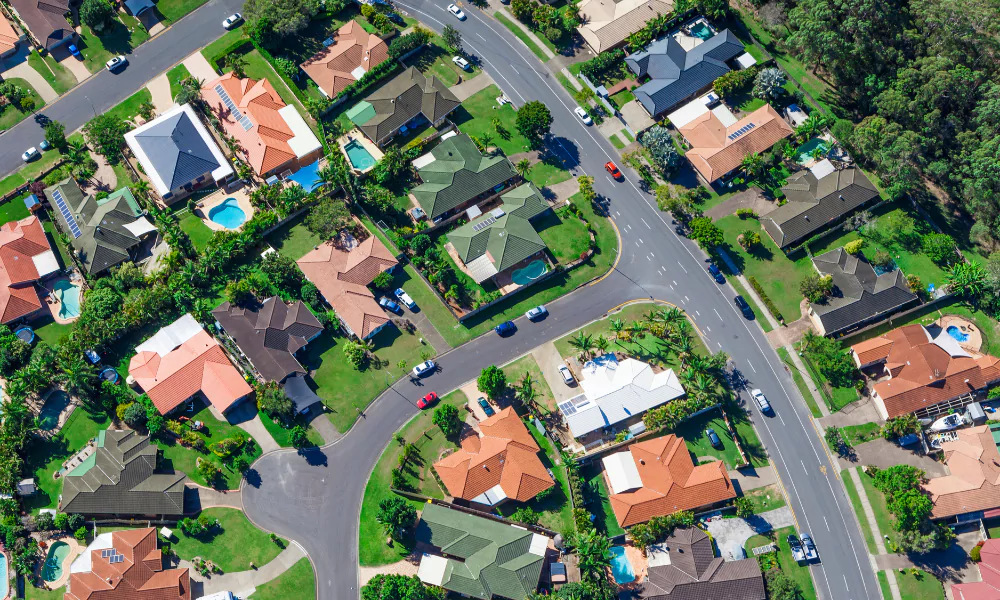In a bold move to address New York’s escalating housing crisis, Governor Kathy Hochul has introduced a comprehensive housing initiative aimed at increasing affordable housing units and modernizing zoning laws across the state. The new plan, revealed during a press conference at the State Capitol on Tuesday, marks one of the most aggressive housing strategies proposed in recent state history.
Governor Hochul’s proposal, called the “New York Housing Compact,” sets a goal of building 800,000 new homes over the next decade. Central to the plan is a mandate that municipalities, especially those in downstate regions, meet specific housing targets. Local governments that fail to comply could face state intervention, including automatic approval of housing projects that meet affordability and environmental criteria.
“Our housing shortage is driving families out, deepening inequality, and hurting our economic growth,” Hochul said. “This plan is about unlocking opportunity and building a future where New Yorkers can thrive — no matter their income or zip code.”
The initiative also includes substantial funding for affordable housing development, streamlining of environmental reviews, and the creation of a new Housing Planning Office to monitor progress. Additionally, the plan proposes incentives for converting unused commercial spaces into residential units, a nod to the evolving landscape of New York’s urban centers post-pandemic.
While housing advocates have praised the proposal for its ambitious targets, some local leaders and lawmakers have expressed concern about the potential override of local zoning control. State Republicans criticized the plan as a “top-down mandate” that ignores community input.
Nevertheless, the Hochul administration remains optimistic. The governor emphasized that this is not just a New York City issue, but a statewide challenge demanding a united front. “If we want our children to be able to stay here, work here, and build their lives here — we have to act now,” she said.
The housing plan will be a key issue in upcoming state budget negotiations, with lawmakers on both sides signaling intense debate ahead.


